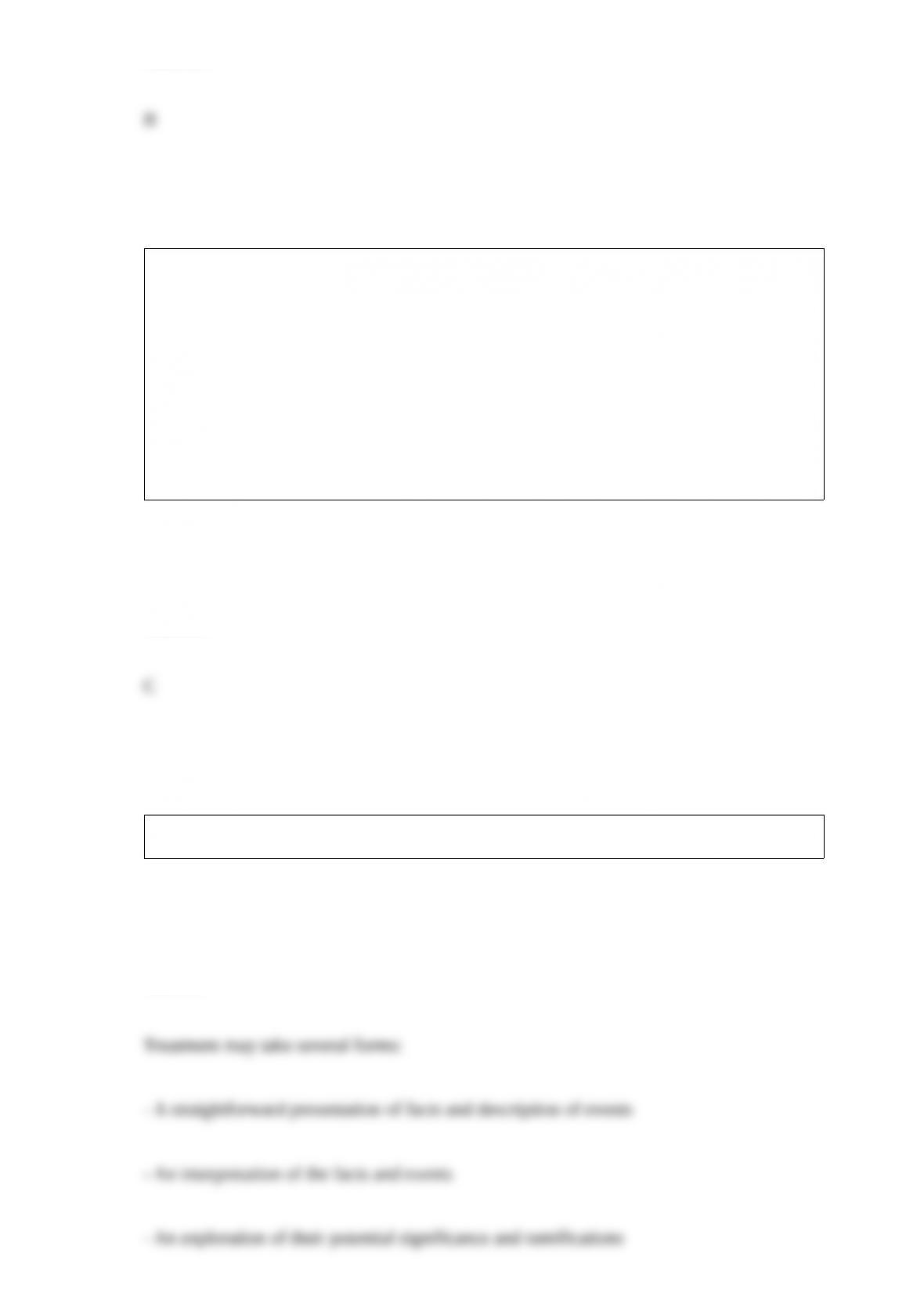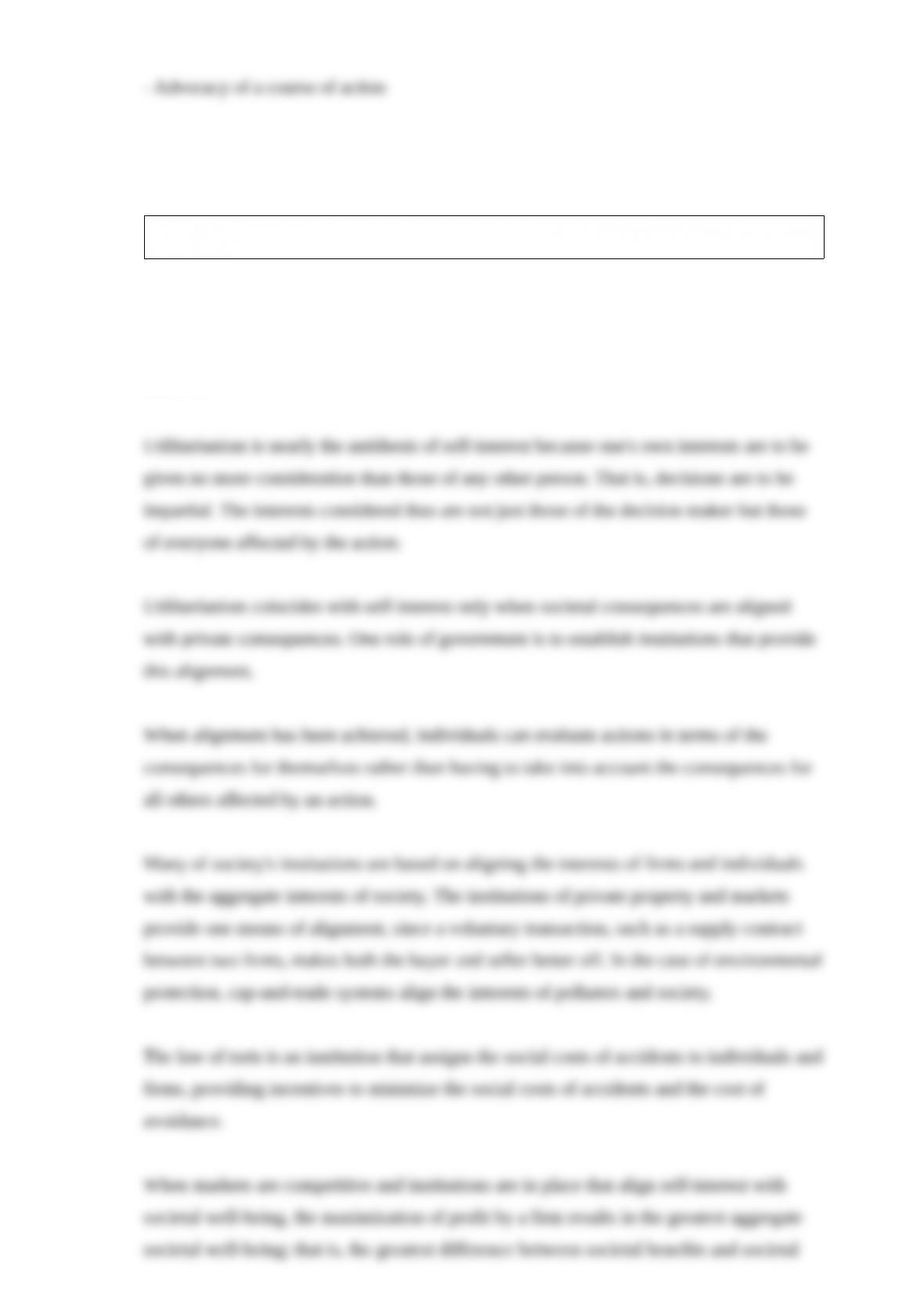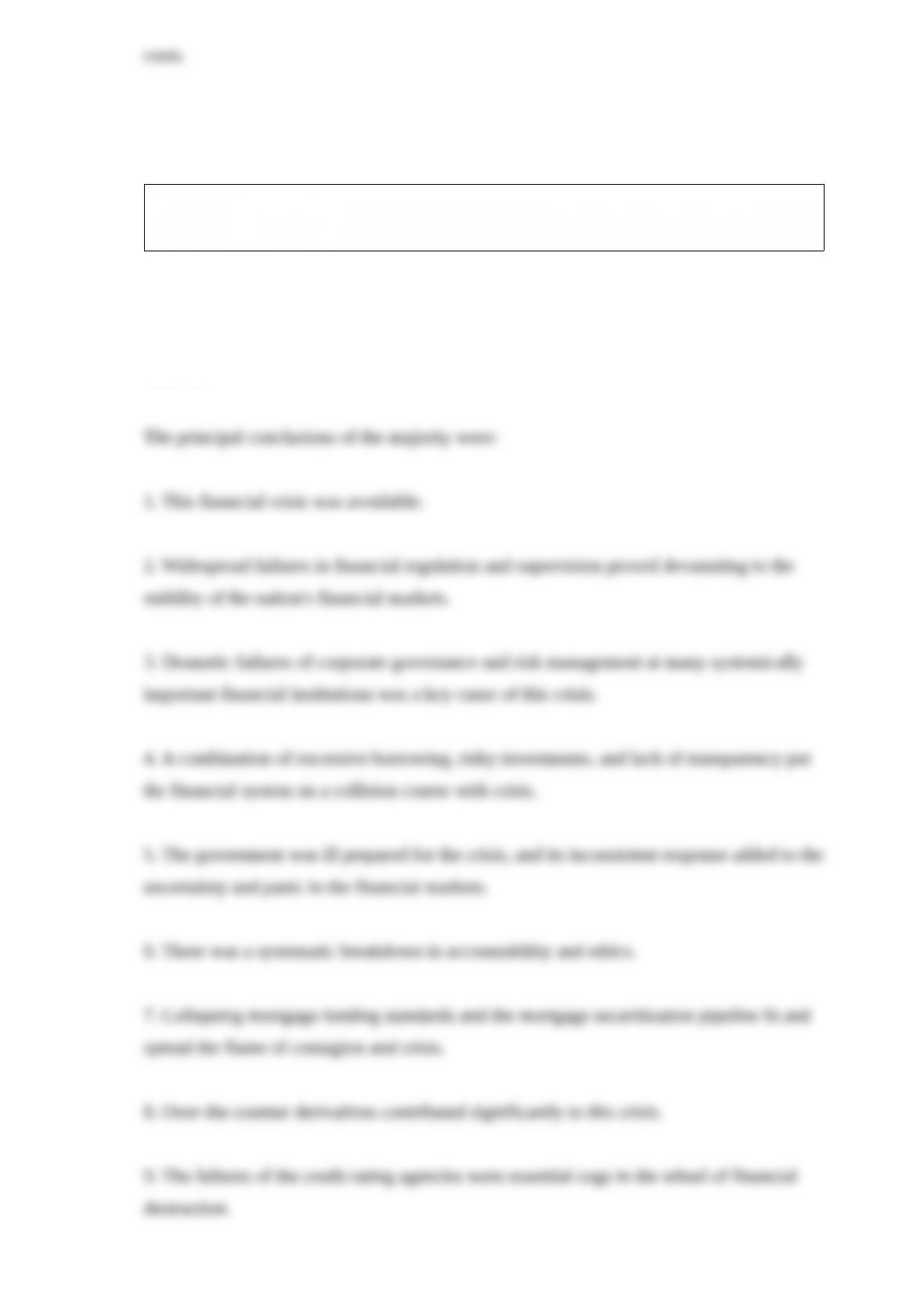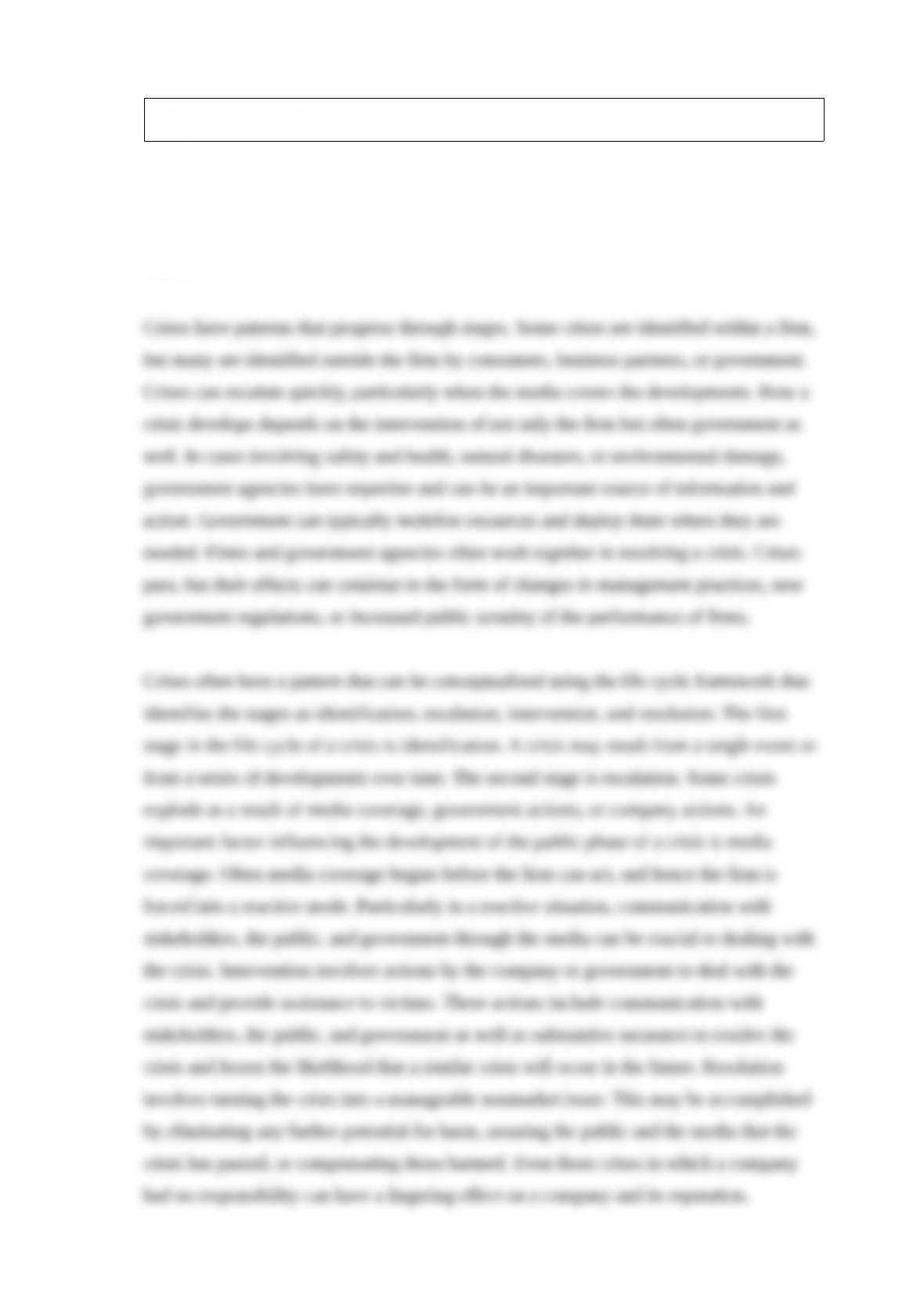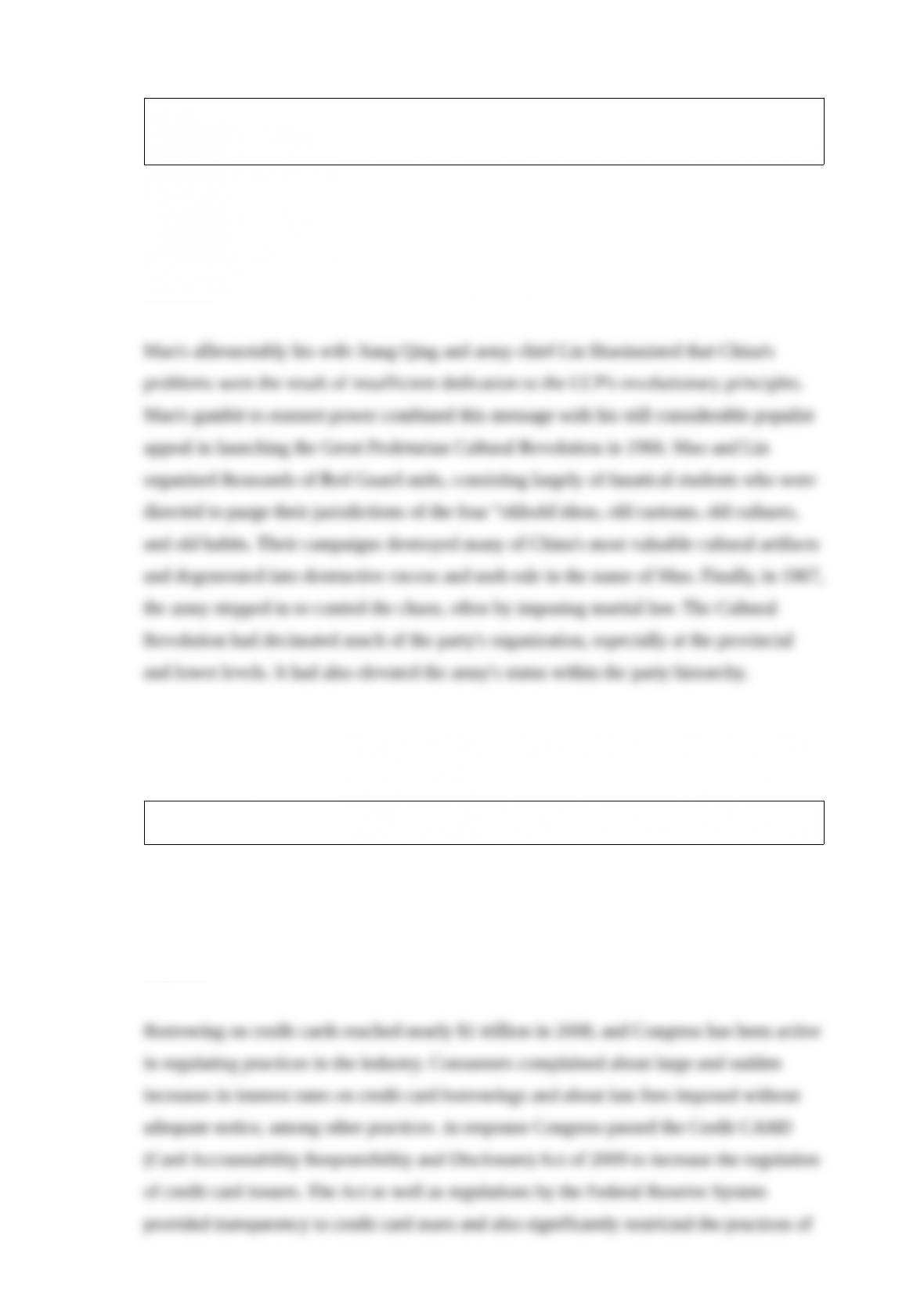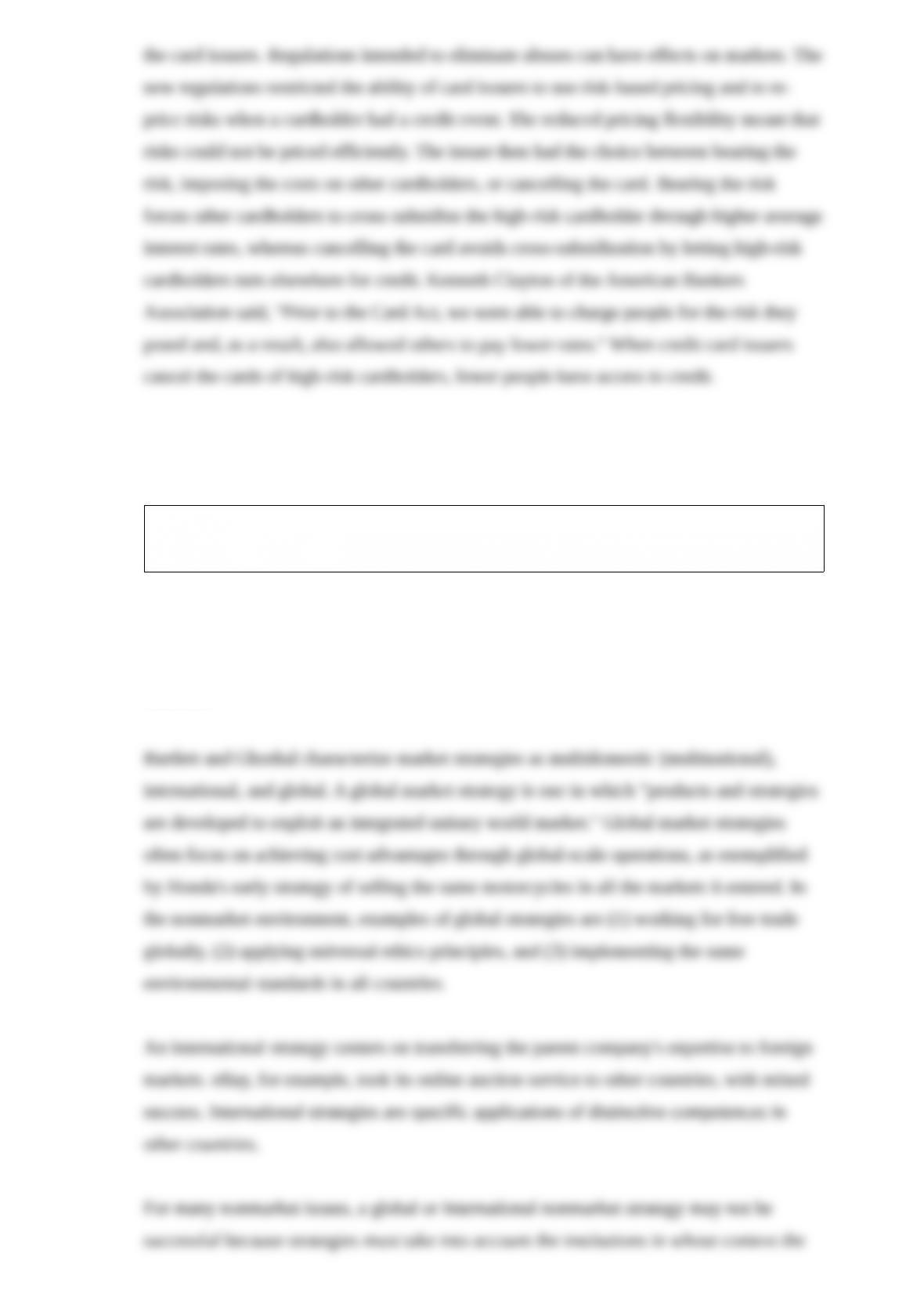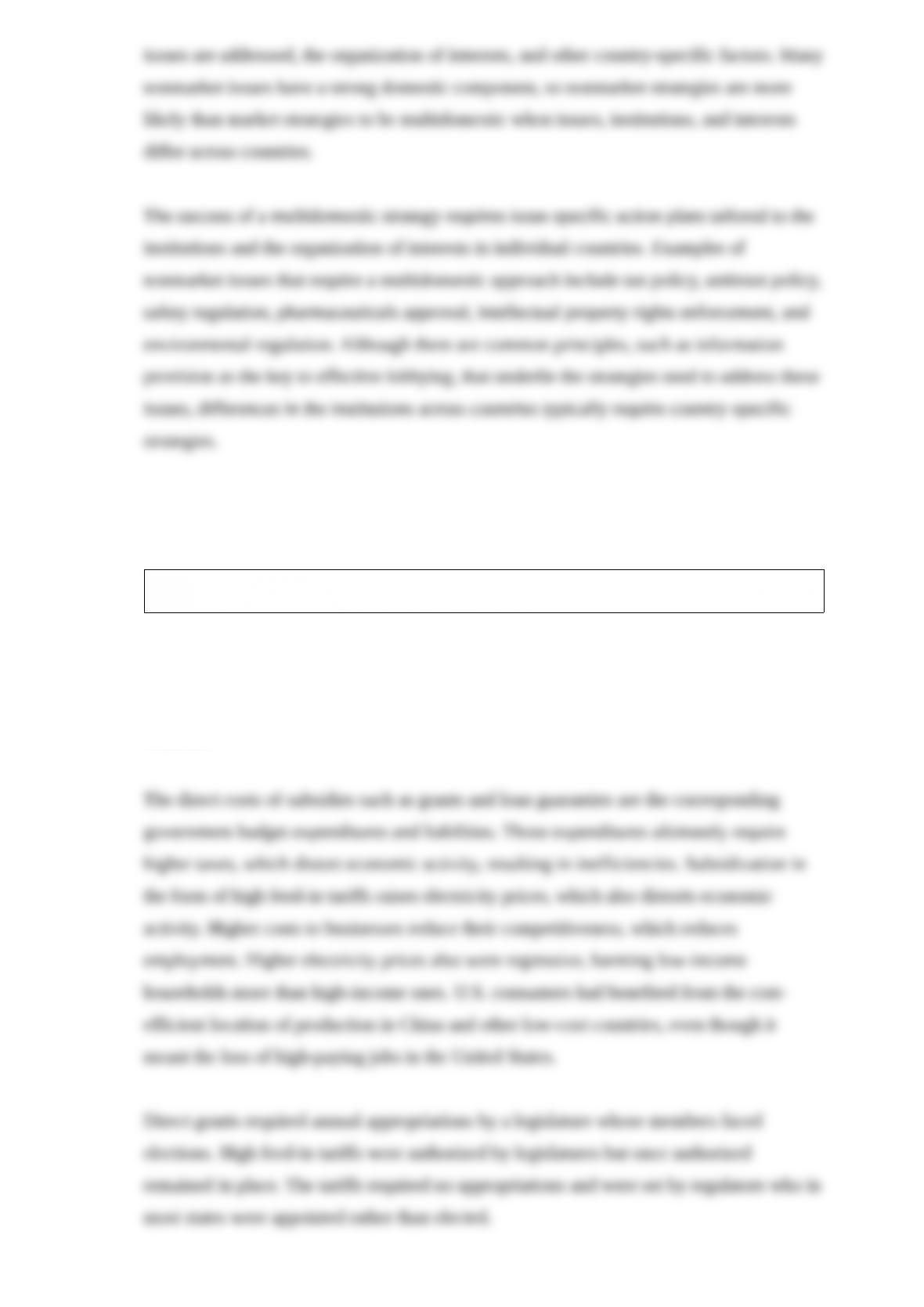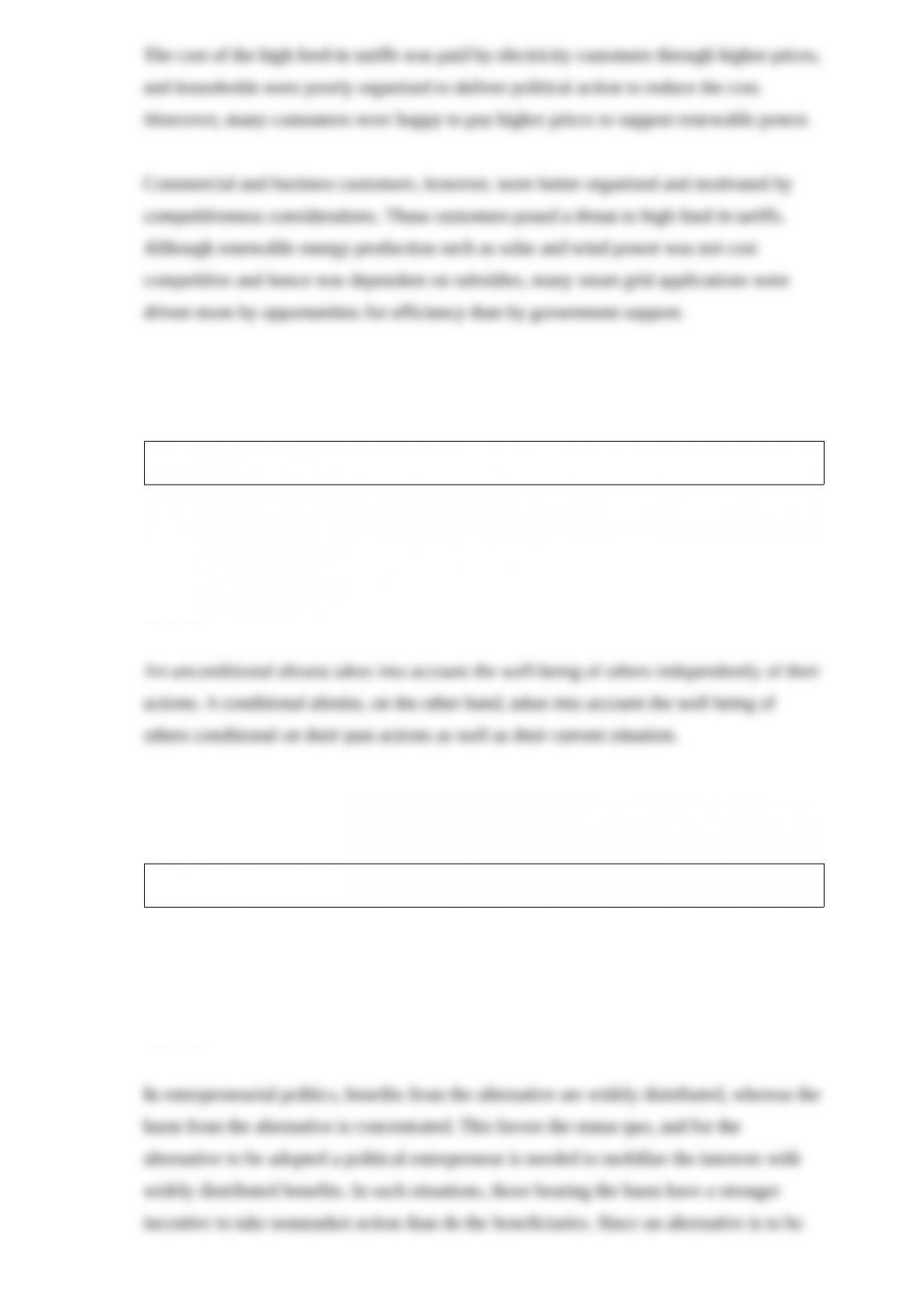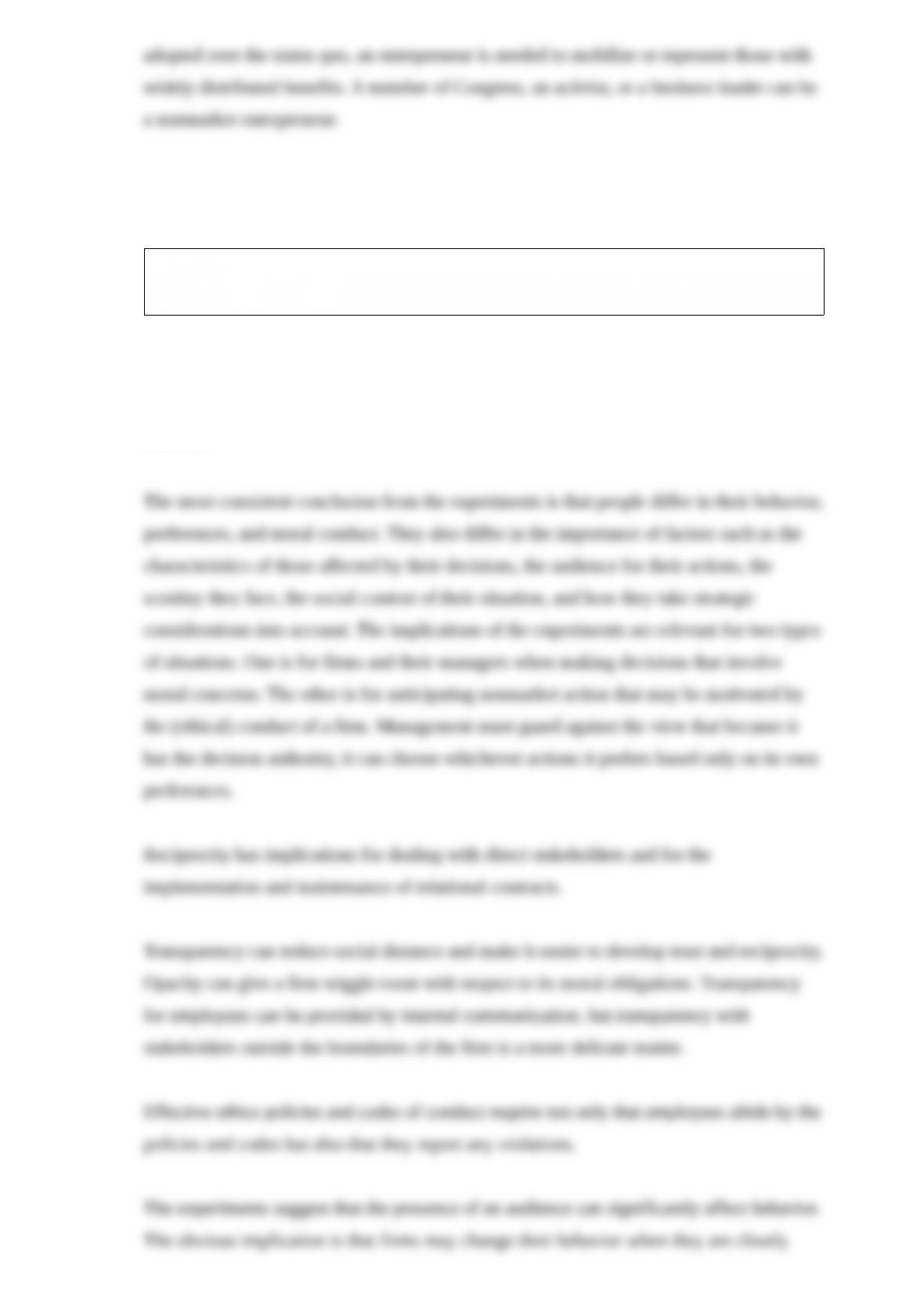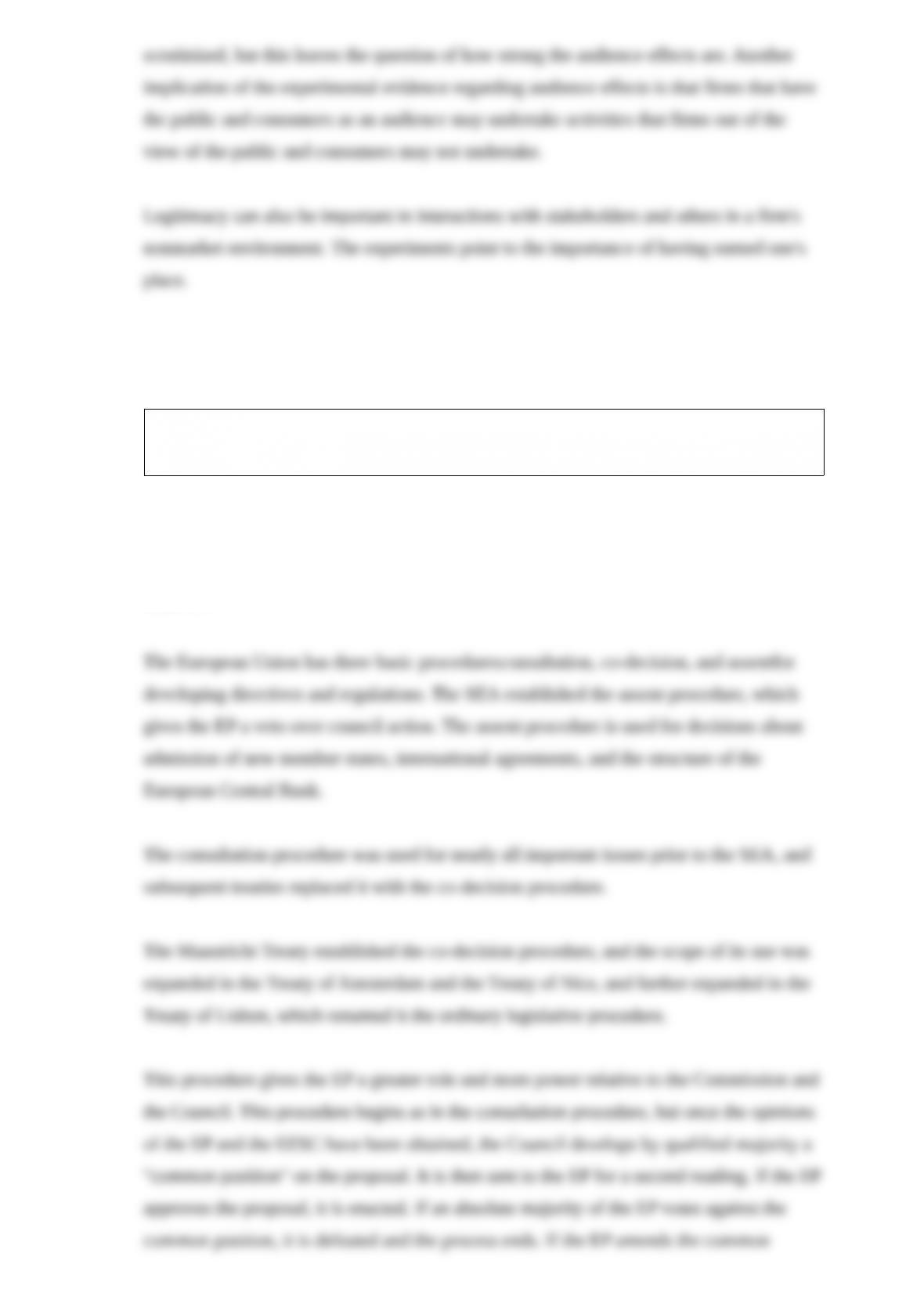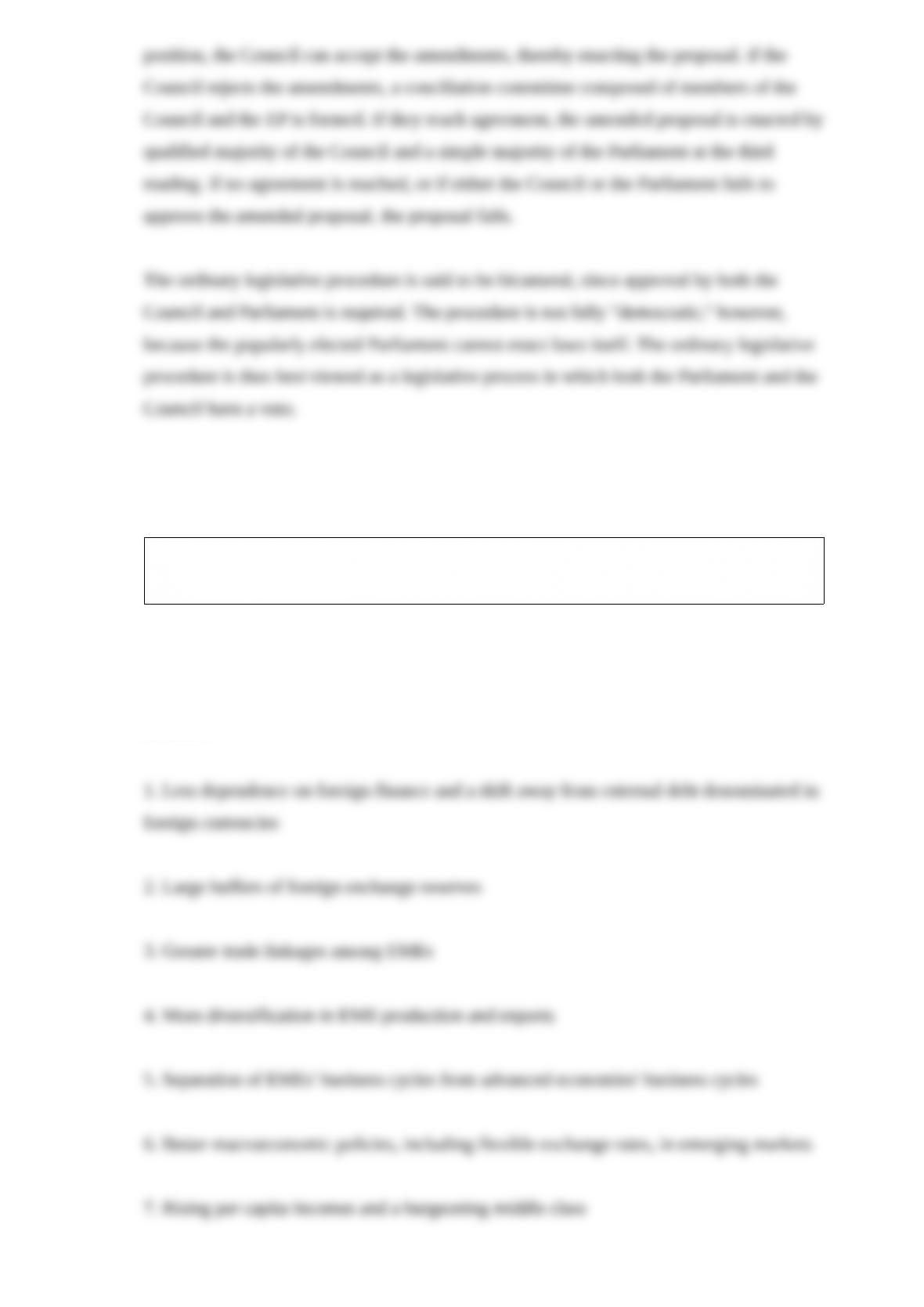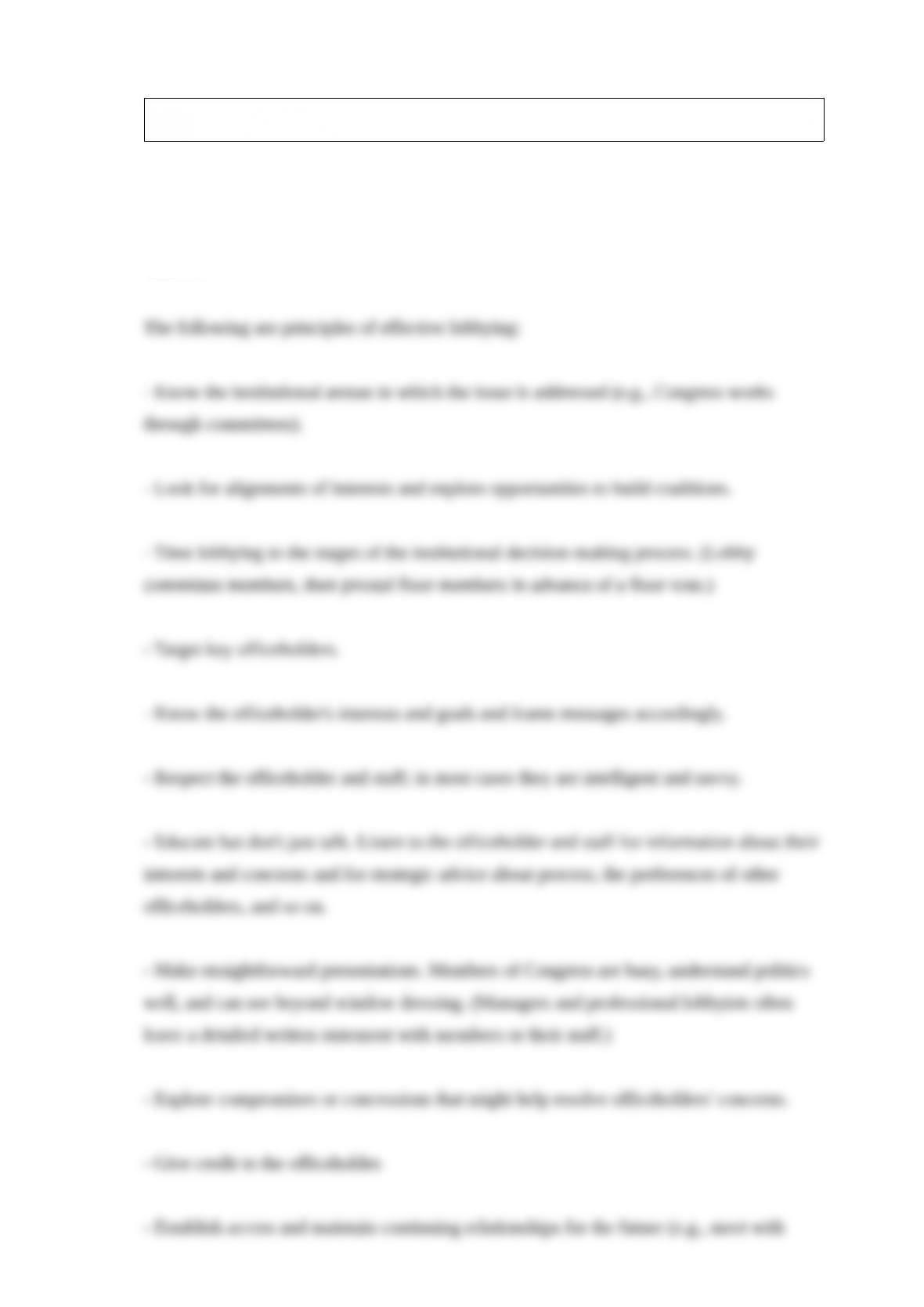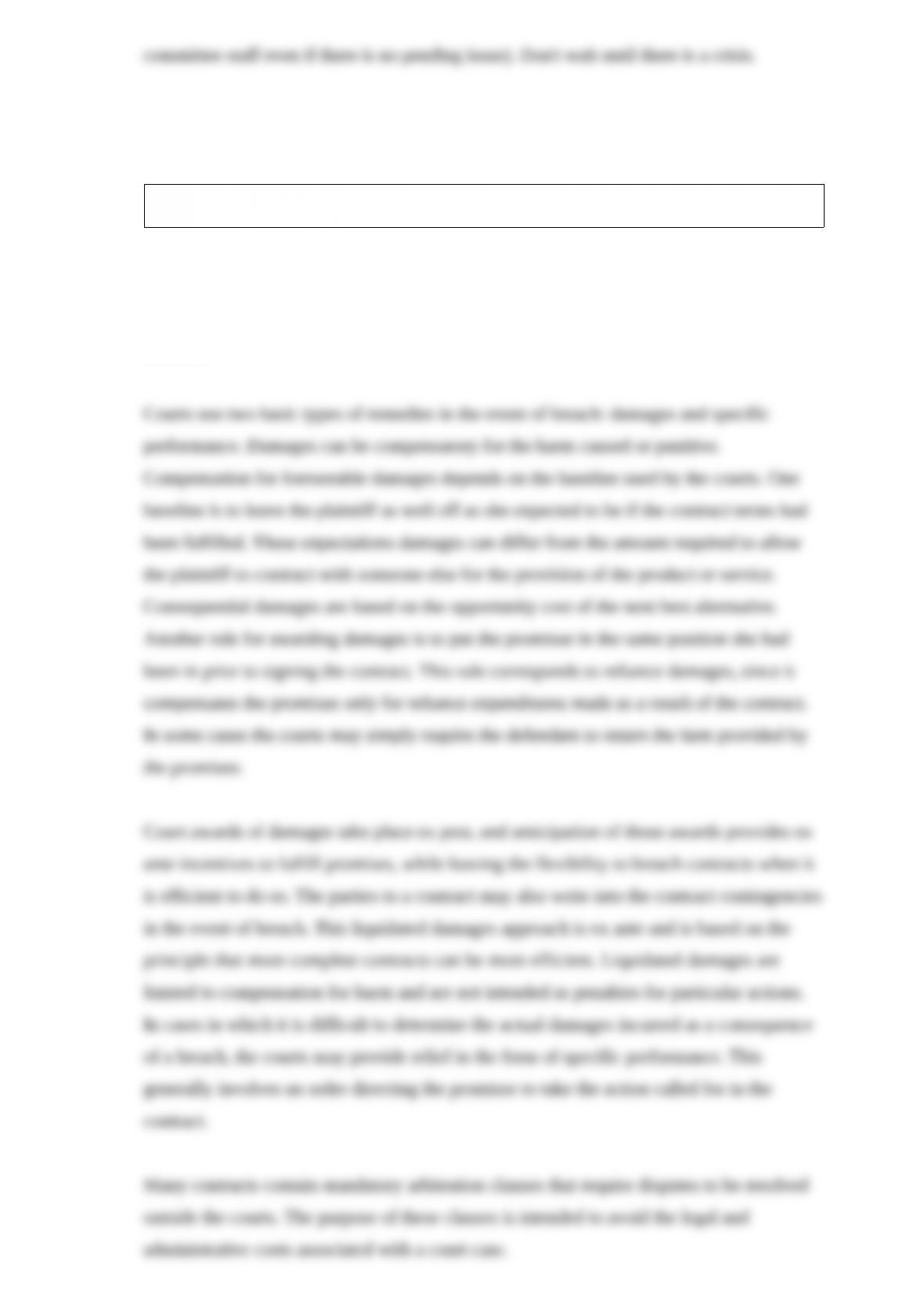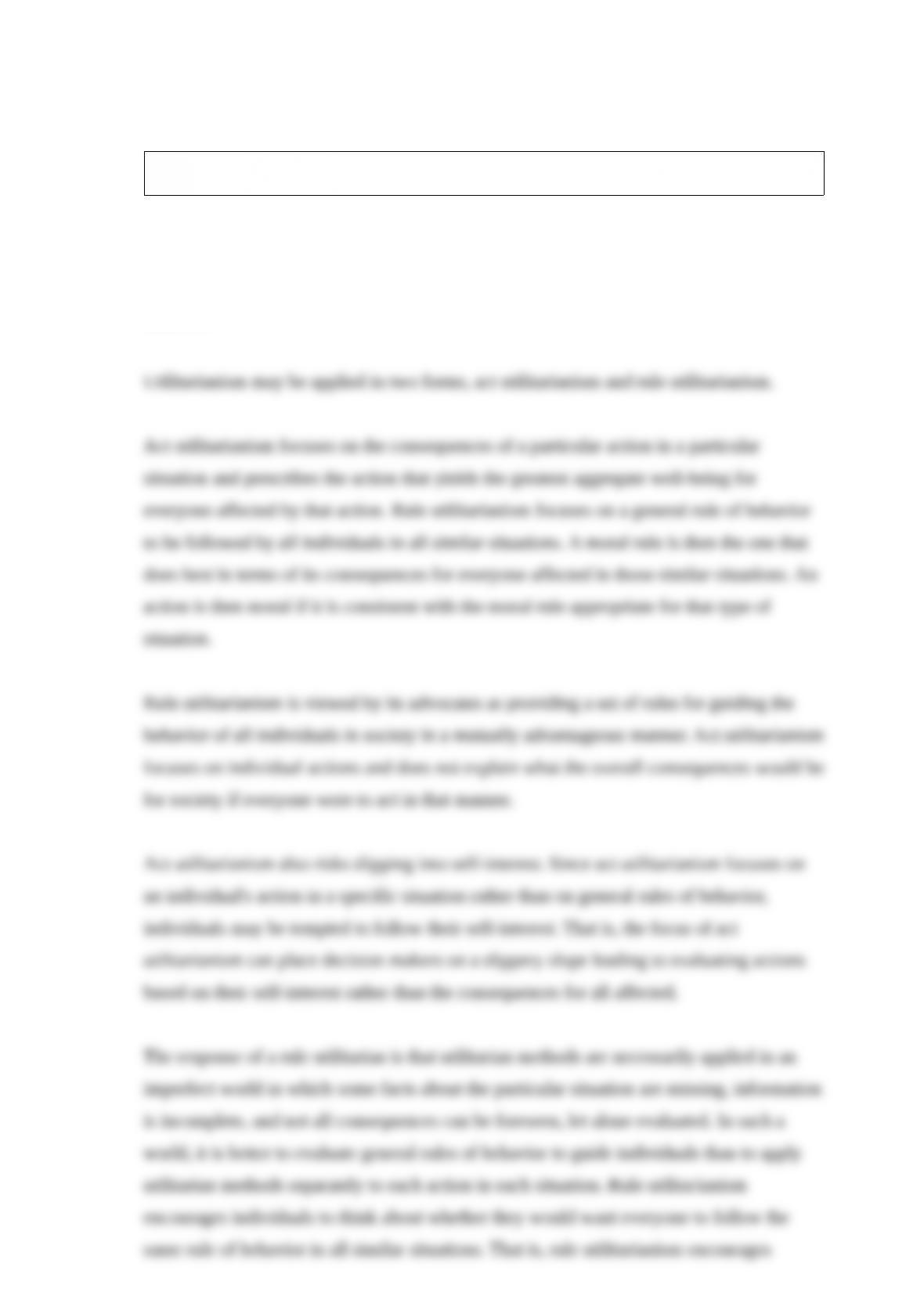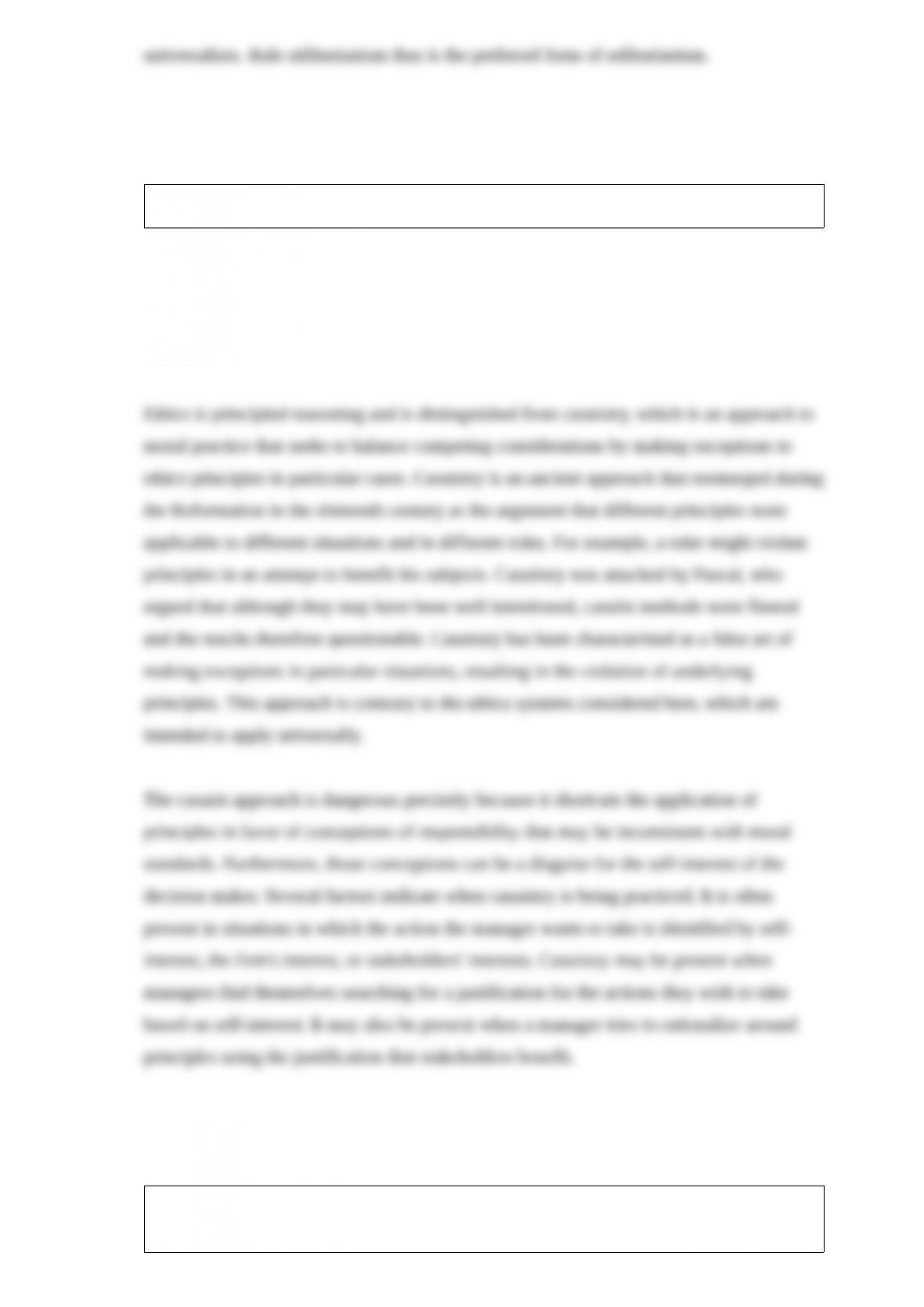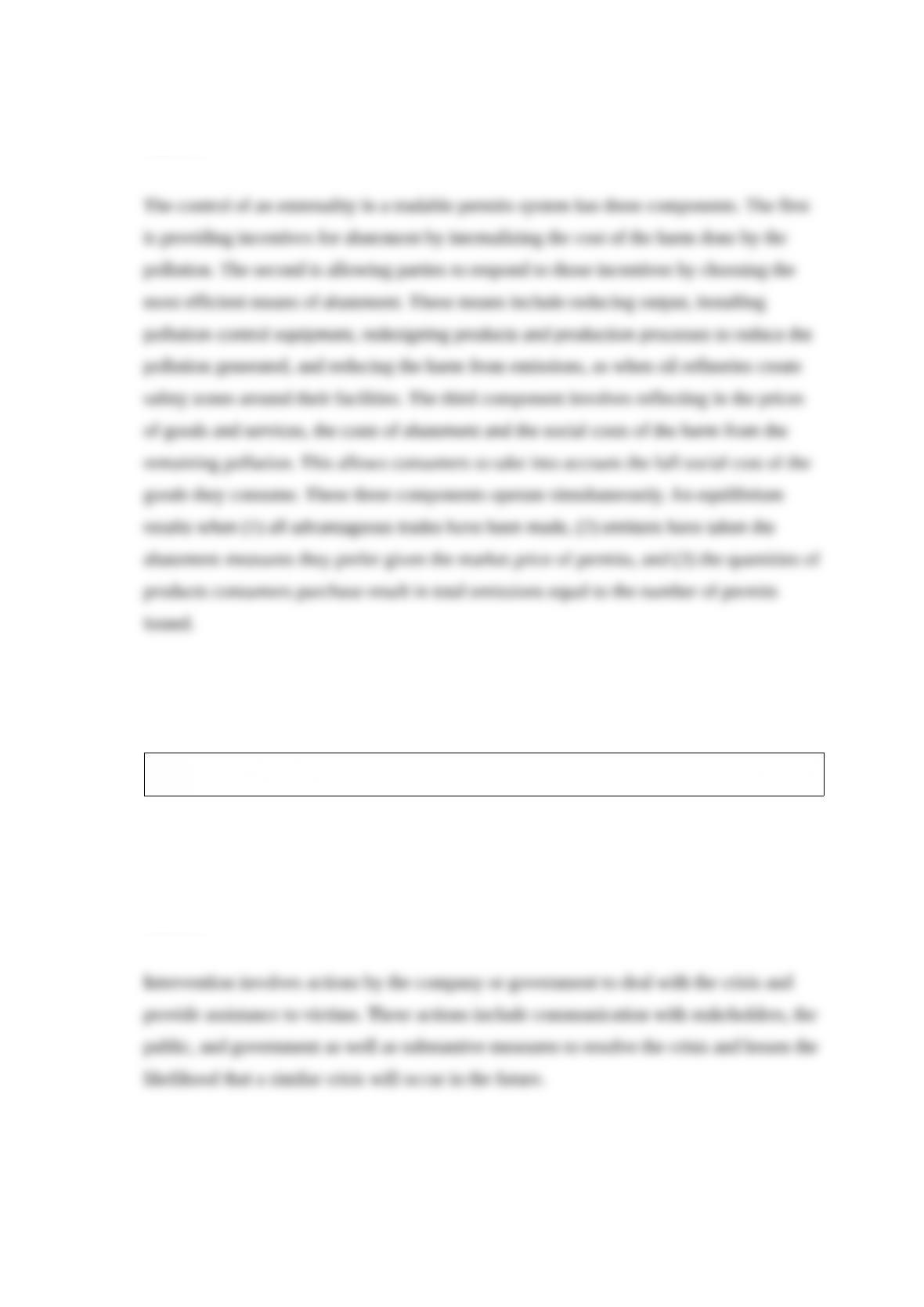Which of the following is true with regard to the era of reforms in China?
a) In the agricultural sector, the government replaced a contracting system with
mandatory grain purchases known as the danwei system.
b) Recognizing that China needed more exposure to Western products, ideas, and
capital, Beijing lifted import restrictions in 1978 under its open-door policy.
c) Deng's economic reforms were headlined by the "Five Relationships."
d) In the cities, SOEs were given reduced discretion over their profits,
and individual managers were made less accountable for their performance.
Answer:
Which of the following is true with regard to the OECD Anti-Bribery Convention?
a) The Convention requires signatories to make the act of bribery and the making of
other forms of illicit payments to foreign public officials a criminal offense, whether
paid directly or indirectly.
b) Small "facilitation" payments that are not made "to obtain or retain business" are
viewed as an offense.
c) According to the Convention, the definition of a foreign public official excludes
officials of public agencies and public enterprises at least 50 percent owned by the
government.
d) The Convention pertains to private-to-private bribery.
Answer:



























